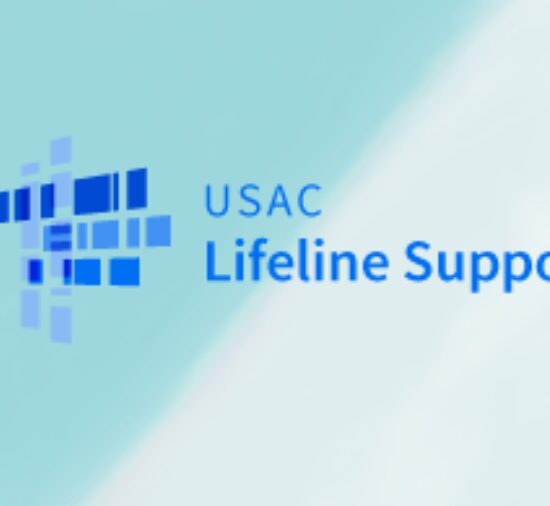Are you looking for a way to get a Free iPhone 13 Government Phone? If yes...
Free iPhone 13 Government Phone for Everyone

Are you looking for a way to get a Free iPhone 13 Government Phone? If yes...

This article will provide you with all the information about Lifeline Program...

Are you from a low-income family looking for a way to get a free iPad from the...

Are you searching for a Free Government iPhone 14? We have got you covered with...
